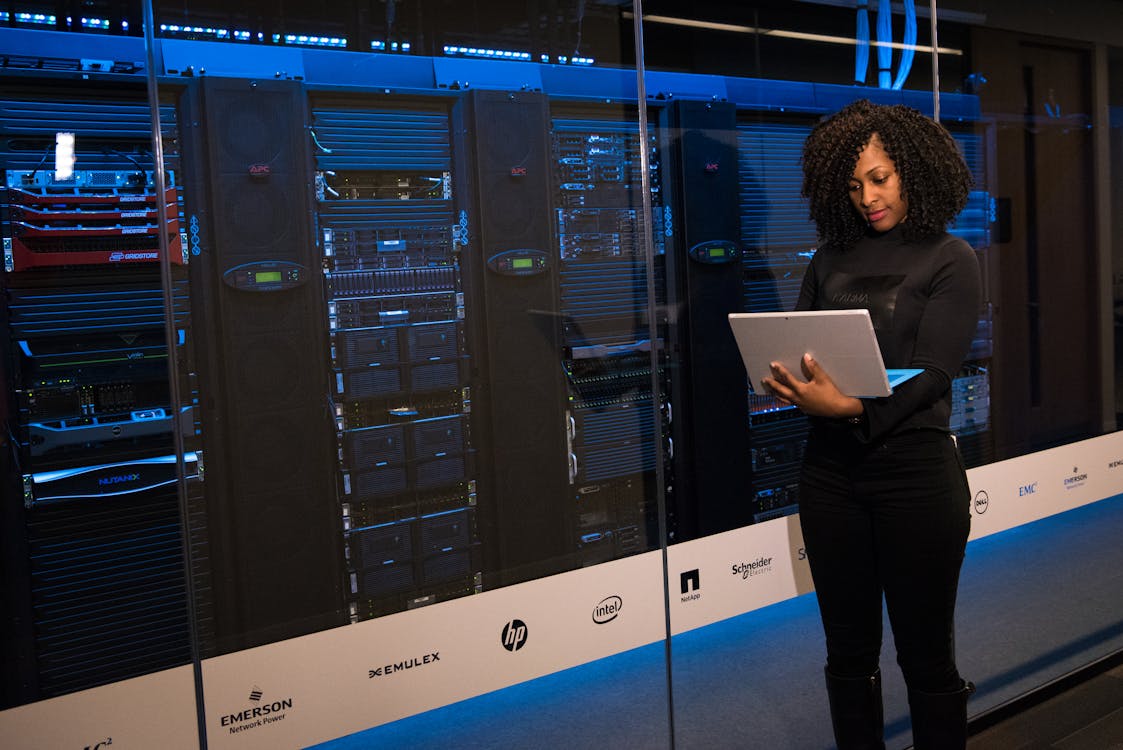How to Become a Data Scientist: A Complete Guide
In today’s tech-driven world, data science is one of the most sought-after and rewarding career paths. Data scientists are at the forefront of discovering valuable insights from vast amounts of data, helping organizations make informed decisions. If you're considering this career path, this comprehensive guide will walk you through the steps to become a data scientist.

Understanding the Role of a Data Scientist
A data scientist is a professional who uses statistical methods, algorithms, and technology to analyze and interpret complex data. They uncover patterns, create models, and help drive strategic decisions in businesses. Their work involves data collection, cleaning, processing, and visualizing, ultimately translating findings into actionable insights.
Why Choose a Career in Data Science?
- High Demand and Lucrative Salaries: Data scientists are in high demand across various industries, including finance, healthcare, marketing, and technology. The role often comes with competitive salaries and excellent benefits.
- Diverse Opportunities: The skills of a data scientist are applicable in numerous fields, allowing for a wide range of job opportunities and career flexibility.
- Impactful Work: Data scientists contribute to significant advancements in business strategies, scientific research, and technological development.
Steps to Become a Data Scientist
1. Acquire Relevant Education
A strong educational foundation is crucial for becoming a data scientist. Most data scientists hold at least a bachelor's degree in fields like computer science, statistics, mathematics, or engineering. Here are some educational pathways:
- Bachelor’s Degree: Start with a bachelor’s degree in a related field. Courses in computer science, statistics, mathematics, and information technology are particularly valuable.
- Master’s Degree or PhD: Many data scientists further their education with a master’s or doctoral degree in data science, machine learning, or a related field.
2. Develop Key Skills
To excel as a data scientist, you need a blend of technical and soft skills. Here are some essential skills to focus on:
- Programming Languages: Proficiency in programming languages such as Python and R is vital for data manipulation and analysis.
- Statistics and Mathematics: A strong understanding of statistical methods and mathematical concepts is necessary for creating and validating models.
- Machine Learning: Knowledge of machine learning algorithms and techniques is essential for predictive analysis and automation.
- Data Visualization: Skills in data visualization tools like Tableau, Power BI, or Matplotlib help in presenting data insights clearly and effectively.
- Big Data Tools: Familiarity with big data technologies like Hadoop, Spark, and SQL is beneficial for handling large datasets.
- Soft Skills: Problem-solving, critical thinking, and communication skills are crucial for interpreting data and conveying findings to non-technical stakeholders.
3. Gain Practical Experience
Hands-on experience is invaluable in data science. Here’s how you can build practical expertise:
- Internships: Seek internships or entry-level positions that provide real-world experience in data analysis and machine learning.
- Projects: Work on personal or open-source projects to apply your skills. Kaggle competitions are a great way to practice and showcase your data science abilities.
- Online Courses and Bootcamps: Enroll in online courses or bootcamps that offer practical, project-based learning. Platforms like Coursera, edX, and DataCamp offer specialized courses in data science.
4. Build a Portfolio
A strong portfolio showcasing your skills and projects is essential for landing a job as a data scientist. Include the following in your portfolio:
- Project Descriptions: Detail the projects you’ve worked on, the tools and techniques used, and the outcomes achieved.
- Code Samples: Share your code on platforms like GitHub to demonstrate your programming skills.
- Data Visualizations: Include examples of your data visualizations to highlight your ability to present data insights effectively.
5. Network and Stay Updated
Networking with professionals in the field and staying updated with the latest trends and technologies is crucial for career growth. Here’s how to stay connected:
- Professional Associations: Join organizations like the Data Science Association or local data science meetups.
- Conferences and Workshops: Attend industry conferences, workshops, and webinars to learn from experts and network with peers.
- Online Communities: Participate in online forums and communities such as Reddit’s r/datascience or LinkedIn groups related to data science.
6. Apply for Jobs
Once you have the education, skills, and experience, start applying for data science positions. Tailor your resume to highlight your relevant experience and projects, and prepare for technical interviews by practicing common data science problems and scenarios.
Conclusion
Becoming a data scientist is a journey that requires dedication, continuous learning, and practical experience. By following the steps outlined in this guide, you’ll be well on your way to a rewarding career in data science. Embrace the challenges, keep honing your skills, and stay curious. The field of data science is constantly evolving, and with the right mindset and preparation, you can make a significant impact in this exciting domain

 Cricket Score Counter
Cricket Score Counter Heads or Tails
Heads or Tails
You have not logged in, please Login to comment.